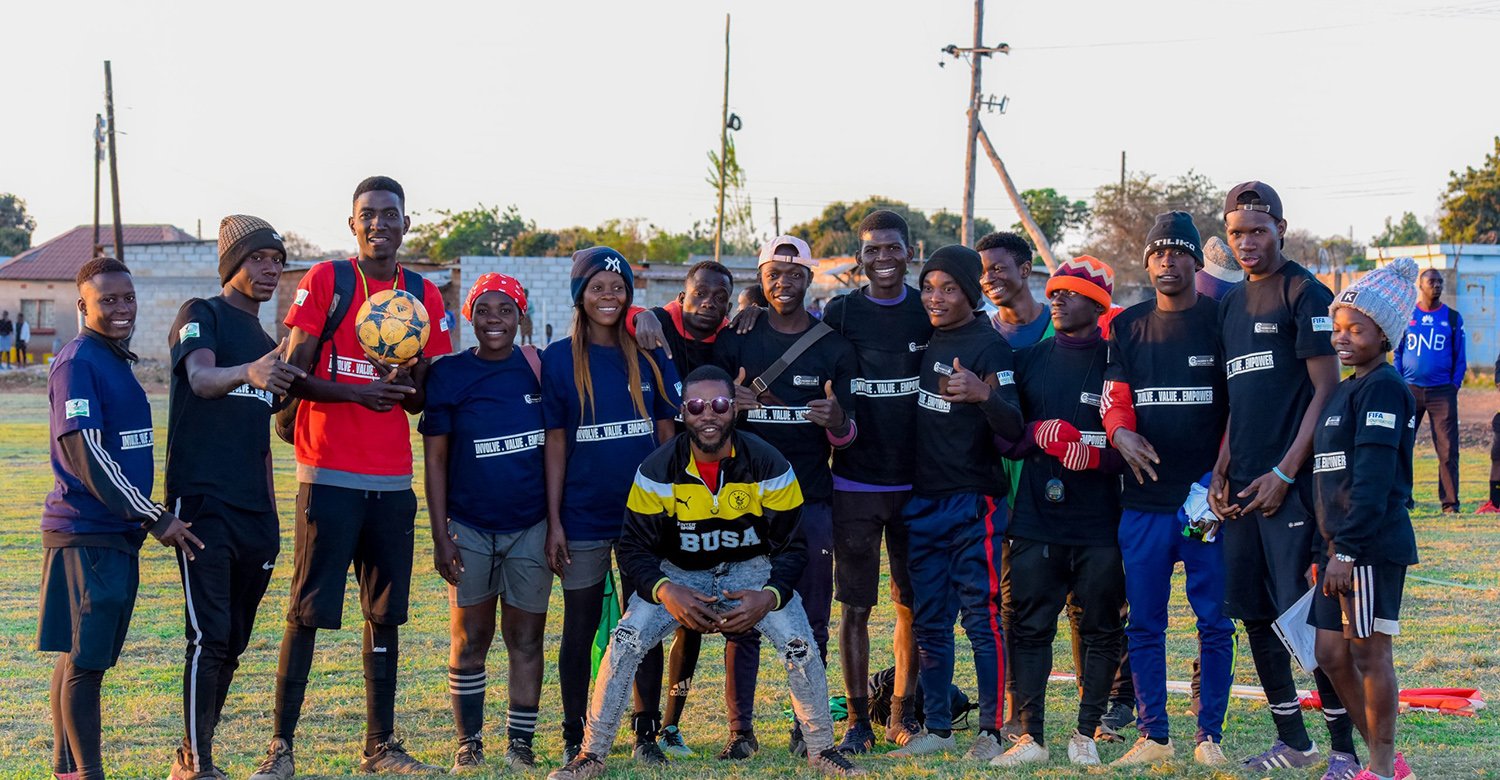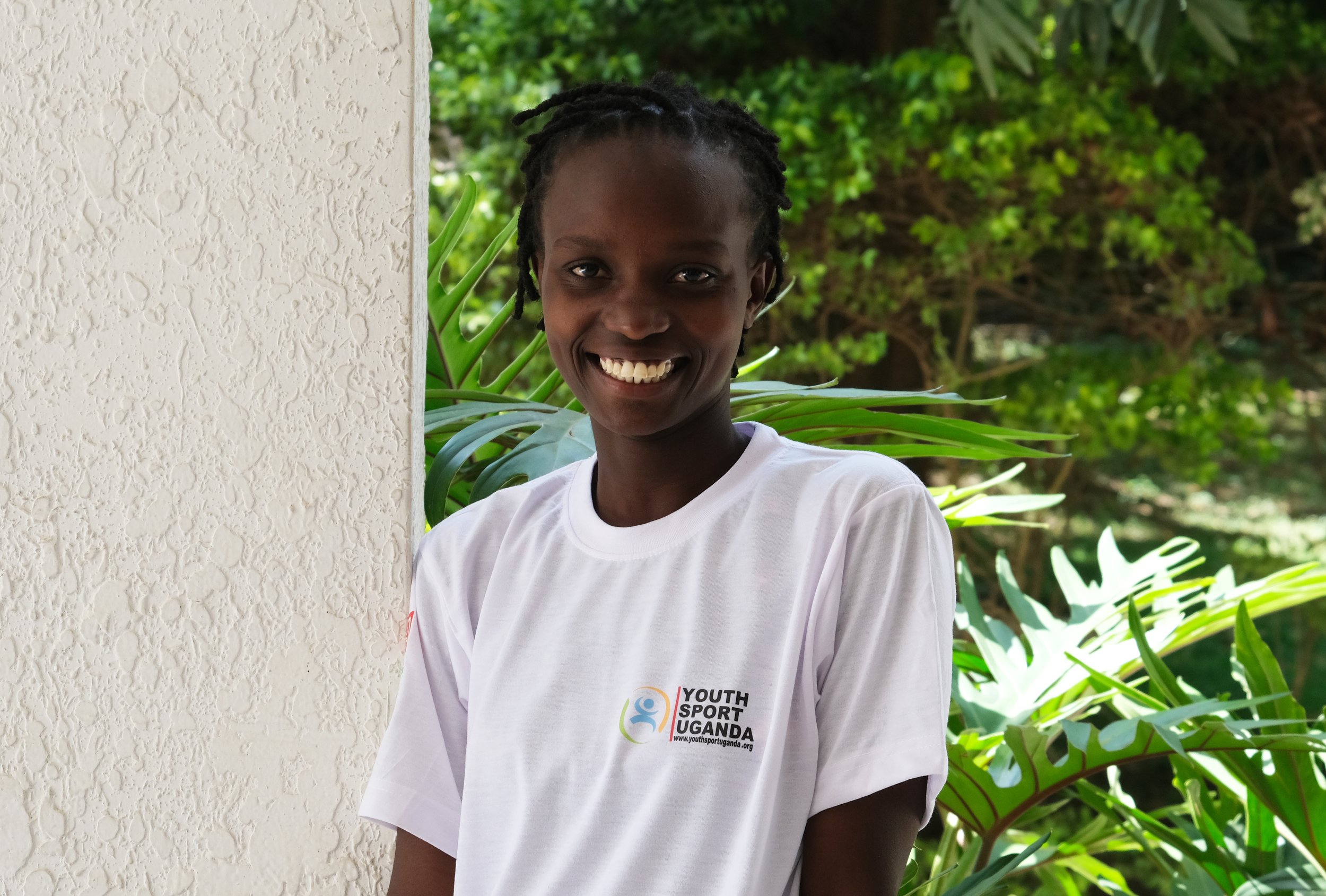
Zambia
BAULENI UNITED SPORTS ACADEMY (BUSA)
Bauleni United Sports Academy’s (BUSA) mission is to unleash the potential of children and young people by creating life changing opportunities using sport as a transformative tool.
Founded in January 2003, their long-term commitment is to help improve the lives of under-served children and youth through the power of sport.
By bringing together dedicated leaders, providing resources, and facilitating opportunities at the local and international level, BUSA helps ensure that more than 10,000 children and young people annually have access to high quality, youth-centered sports for change programmes and events that leave a life long positive impact in their lives.
Country
statistics
153 out of 189 in Human Development Index rankings (UNDP, 2022)
$1,290 Average annual salary per person (World Bank, 2023)
64.3% of the population are living in poverty (World Bank, 2024)
Zambia is a landlocked country in Southern Africa bordering Angola and South of Democratic Republic of Congo with a population of 21.6 million (Worldometer, 2025).
The young population, with a median average age of 18.2, is increasingly looking to relocate to cities to seek opportunities and rates of urbanisation are growing to reflect this demographic shift (CIA World Factbook; World Bank, 2024).
Poverty reached 64.3% of the population in 2022, up from 54.4% in 2015, with limited job creation and declining wages explaining the rise. The highest rise in this period was in urban areas, where despite the increase, remain significantly lower than rural areas where poverty rates remain stagnant and have surpassed 75% since 2010 (World Bank, 2024).
A national state of emergency was declared in Zambia in February 2024 due to the severe drought that impacted 84 out of 116 districts in the country. The hardest hit areas include Central, Eastern, Southern and Western provinces which cumulatively account for more than 58% of Zambia’s annual maize production. As a result of the drought agricultural output was the lowest in five years and it’s estimated that 5.8 million people will face high levels of food insecurity (UNICEF, 2024; ACAPS, 2025).
While food provision levels have stabilised since being recorded as the highest state of emergency in 2000, Zambia are still listed as being in a serious state of hunger (Global Hunger Index, 2023).
There is a housing deficit of some 1.5 million units in the country, with the figure projected to double by 2030. As a result of this and the lack of affordable housing, some 70% of people in urban centres live in informal settlements with inadequate access to clean water, sanitation, hygiene and other facilities (Habitat for Humanity).
There was the worst outbreak of cholera in 2024 since records began, with more than 23,000 cases and 740 deaths (UNICEF, 2024).
Zambia hosts more than 170,000 refugees and asylum seekers, the majority of whom are from the Democratic Republic of Congo (UNHCR, 2025).
Zambia is one of four Homeless World Cup member countries that are part of the Football to Protect Vulnerable Women from Exploitation programme which has created and implemented a new curriculum for men and women to tackle gender-based violence. This is a two-year project supported by the FIFA Foundation.
STORIES From the region










